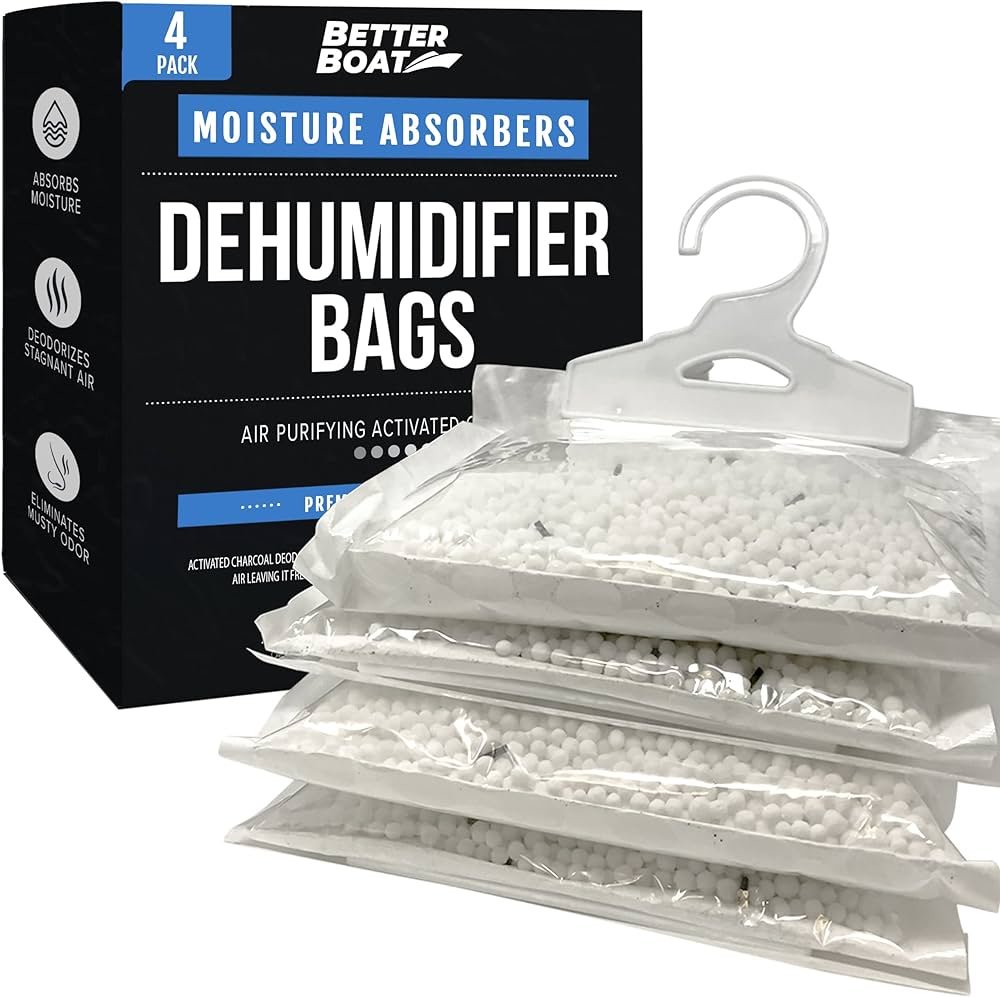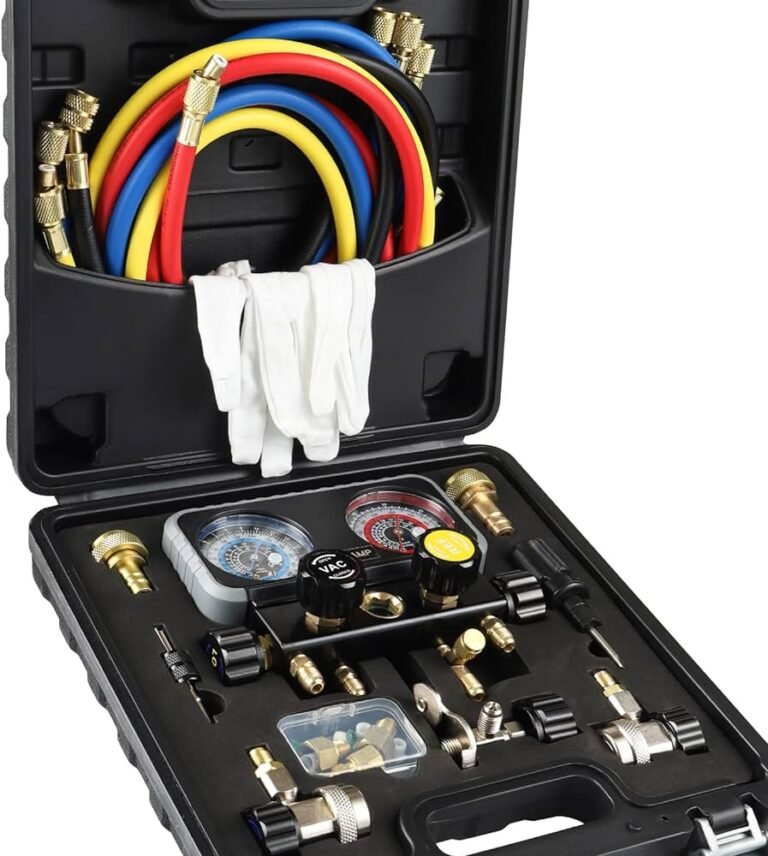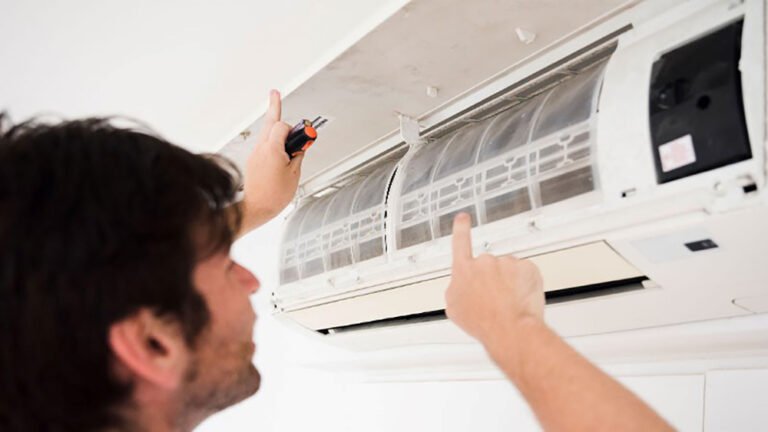Unlocking the Truth: How Air Conditioners Battle High Humidity
Air conditioners work harder in high humidity, as the moisture in the air affects the cooling process and makes it more difficult for the AC unit to remove heat effectively. In high humidity conditions, air conditioners need to work longer and use more energy to cool the air to the desired temperature.
This increased workload puts a strain on the AC system and can lead to decreased efficiency and potential issues with the unit. It is important to properly maintain and service the air conditioner to ensure optimal performance, especially in areas with high humidity levels.
Doing so can help prolong the lifespan of the AC unit and save on energy costs.
The Role Of Air Conditioners In Maintaining Comfortable Indoor Environments
Humidity plays a significant role in our comfort and well-being, especially when it comes to indoor environments. Air conditioners are designed to regulate temperature and remove excess moisture from the air, ensuring comfortable living conditions. However, in high humidity, air conditioners tend to work harder to maintain the desired indoor temperature.
Excessive humidity can make us feel sweaty and uncomfortable, as it prevents sweat from evaporating off our bodies. Air conditioners combat this by cooling the air and reducing the humidity level. When humidity is high, air conditioners not only need to cool the air but also remove the excess moisture. This increased workload may lead to higher energy consumption and longer operating times for the air conditioner. It’s essential to understand the impact of high humidity on personal comfort and the strain it puts on air conditioning systems.
Maintaining optimal humidity levels is crucial for a comfortable indoor environment. By utilizing air conditioners properly and considering other measures like using dehumidifiers, we can create a pleasant atmosphere and reduce the strain on our air conditioning systems.
Dehumidification: An Essential Function Of Modern Air Conditioners
Modern air conditioners not only cool the air but also play a crucial role in dehumidification, ensuring optimal comfort and air quality in your living spaces. Understanding the science behind dehumidification is key to appreciating the incredible technology at work.
Examining The Components Responsible For Moisture Removal
Dehumidification in air conditioners primarily occurs through two main components: the evaporator coil and the condenser coil. The evaporator coil acts as a heat exchanger, cooling the air as it passes through. This process causes moisture in the air to condense, effectively removing humidity. The condenser coil, on the other hand, releases the captured heat and reheats the air before it is circulated back into the room.
Exploring The Condensation Process In Air Conditioners
Condensation happens when warm, humid air comes into contact with a cold surface, such as the evaporator coil. As the air gets cooler, it loses its ability to hold moisture, resulting in condensation. This condensed moisture is collected and drained out of the system to prevent any buildup or damage.
The dehumidification function of air conditioners is vital in humid climates, as it not only enhances comfort but also helps prevent issues like mold growth and dampness. By regulating humidity levels, air conditioners work tirelessly to create a pleasant environment no matter the atmospheric conditions.
The Battle Against Excessive Humidity: Strategies Employed By Air Conditioners
Air conditioners are designed to create a comfortable indoor environment by not only cooling the air but also reducing humidity. High humidity can make a space feel hot and sticky, causing discomfort to occupants. Air conditioners combat this issue using various methods:
Analyzing The Role Of Evaporator Coils In Moisture Removal:
The main component responsible for dehumidification is the evaporator coil. As warm air passes over the coil, the cold temperatures cause the moisture in the air to condense. This condensed moisture is then collected and drained away, effectively reducing humidity levels.
Examining The Impact Of Airflow And Ventilation On Dehumidification Effectiveness:
Adequate airflow and ventilation are crucial for efficient dehumidification. Proper airflow ensures that moisture-laden air is drawn into the air conditioner, where it can be dehumidified. Ventilation helps in expelling the dehumidified air, preventing it from circulating back into the room.
Exploring The Significance Of Air Filters In Humidity Control:
Air filters play a vital role in humidity control by capturing particles and contaminants, including moisture in the air. Clean air filters allow efficient airflow, facilitating the dehumidification process. Regularly changing or cleaning air filters is essential to maintain their effectiveness in humidity control.
By implementing these strategies, air conditioners are able to tackle high humidity levels, creating a comfortable indoor environment even during periods of excessive moisture in the air.
Energy Efficiency And Humidity Control: Finding The Right Balance
Do air conditioners work harder in high humidity? This is a common question for homeowners looking to optimize the energy efficiency of their cooling systems. The relationship between energy consumption and dehumidification is a crucial factor to consider. When humidity levels are high, air conditioners have to work harder to remove moisture from the air, which can impact their overall efficiency.
There are several factors that affect air conditioner efficiency in combatting high humidity. Firstly, the size and capacity of the AC unit play a significant role. Undersized units may struggle to adequately dehumidify the space, while oversized units may short cycle and not remove enough moisture from the air. Additionally, the age and condition of the AC system are important. Regular maintenance, including cleaning or replacing filters, checking refrigerant levels, and ensuring proper airflow, is essential for optimal performance.
In conclusion, finding the right balance between energy efficiency and humidity control is imperative for homeowners. Maintenance and regular inspections are key to ensure that air conditioners can effectively combat high humidity while minimizing energy consumption.

Credit: www.nytimes.com
Frequently Asked Questions Of Do Air Conditioners Work Harder In High Humidity
Do Air Conditioners Work Harder In High Humidity?
When the humidity level is high, air conditioners may need to work harder to remove moisture from the air. This is because the AC unit not only cools the air but also removes humidity. The higher the humidity, the more energy the AC unit will consume to maintain a comfortable indoor temperature.
Conclusion
Air conditioners indeed work harder in high humidity. The excess moisture in the air makes it difficult for the AC unit to cool down the room effectively. The increased humidity levels force the air conditioner to run longer and use more energy, resulting in higher electricity bills.
Therefore, it is essential to manage the humidity levels in your space to optimize the efficiency of your air conditioner. Regular maintenance and proper ventilation can greatly assist in ensuring optimal performance and longevity of your AC system.







